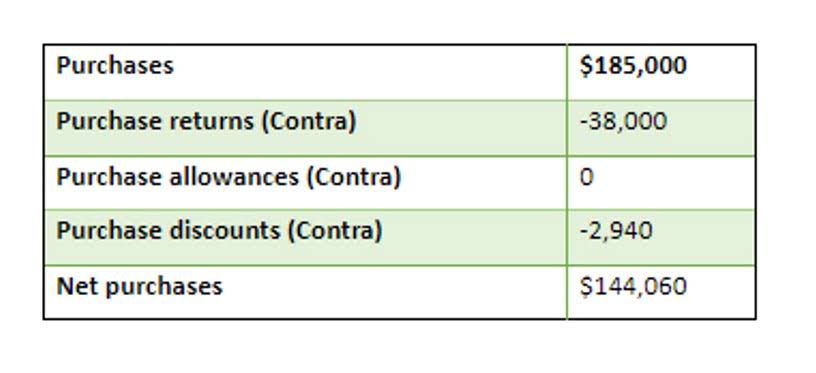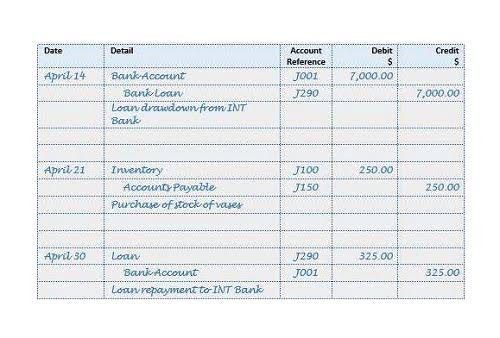
And you will also know about the need for updates each time your provider brings out a new version of the software. If your business is looking for a more effective way to manage its financial affairs, here are six reasons for seriously considering a move to cloud accounting. The adoption of blockchain technology within cloud accounting will increase. The use of technology cloud accounting can greatly enhance the security and transparency of transactions. Additionally it has the potential to streamline audit procedures, thereby minimising the chances of activities and mistakes. Envoice was created with a vision to build intelligent software for smarter accounting by automating & eliminating the most time-consuming bookkeeping & expense management tasks.
As various forces are calling for businesses to move online, your bookkeeping practice can’t fall behind. The efficiencies of Xero’s online accounting software give you greatly improved control of your core financial processes. Cloud accounting platforms will offer AI-driven financial advisory services. These services offer guidance and valuable insights by analysing company information enabling businesses to improve their cash flow effectively handle expenses and make strategic financial choices. The cloud bookkeeping systems are extremely scalable, adjusting smoothly to the changing needs of enterprises.
Want More Helpful Articles About Running a Business?
Explore how LivePlan with QuickBooks or Xero can help you better manage your business, pursue funding, and ultimately track and improve your business health. Customer payment processing and payroll are considered premium services that cost extra, but all of the bookkeeping, invoicing, and reporting features are completely free. When utilizing traditional accounting software, a malfunctioning computer, or unexpected events like a fire can overwhelm a business that is unprepared. Data can also be hacked or a device stolen, leaving it prey to the last security update performed.

ERP software is a comprehensive solution that manages all aspects of a business, while accounting software is specifically focused on financial management tasks. It offers invoicing, bank reconciliation, and expense tracking, and integrates with other software. Enterprise Resource Planning (ERP) accounting software offers an integrated platform for managing various aspects of your business operations. It provides a holistic view of your organization, including finance, sales, marketing, customer service, and more. So collaboration is as easy as picking up the phone and logging in to Xero, with the key numbers in front of you.
Business stage
In a traditional on-premise implementation, software is installed on local computers or servers at a firm’s offices. All the data processing and storage takes place on-site, meaning accountants must be physically present or have a secure connection to the office to access the software. It also means the firm is responsible for buying, maintaining, upgrading and securing its own servers and software. Imagine that you’re waiting for a meeting with a potential client when you remember that you need to send an invoice to a different customer.
However, with cloud accounting, you are less worried about these tasks. The easy-to-understand interface of this web-based software can remove the tension of administrative tasks. The difference between the two terms is that cloud accounting is an online-based accounting system accessed through the Internet, offering real-time data access, enhanced collaboration, and scalability. While traditional accounting relies on locally installed software, limiting accessibility and requiring manual updates. You can find multiple differences between traditional and cloud accounting.
ERP Accounting Software
What’s more, it’s close to impossible to lose your data when you use cloud accounting software. Your data is backed up automatically, so it’s impossible to lose your financial data if you forgot to click ‘save’. Unlike the maze of spreadsheets that they might be navigating now, cloud accounting software gives your clients an easy overview of their finances. With easy-to-understand dashboards that visualise their financial data, business people who aren’t finance professionals can get a grasp of where their business stands and what’s ahead for them. Perhaps one of the strongest benefits of cloud accounting software for your clients is that it’s cheaper than they might think. With cloud accounting software, your clients can increase their profits by cutting their accounting costs.

